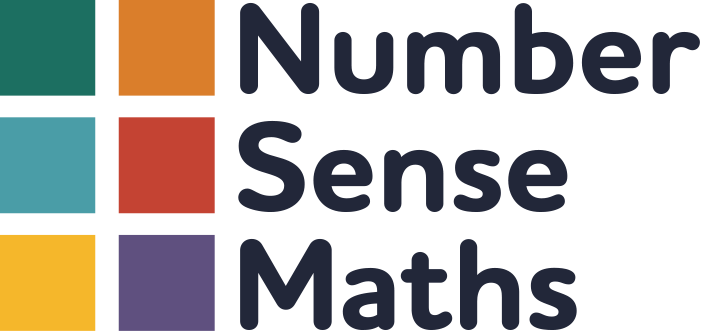Research Principles
The Number Sense Maths programmes are informed by research into children's attainment of number sense, children's attainment of fluency in addition and subtraction facts, and children's attainment of fluency in multiplication facts. 10 research principles underpin the programmes:
Principle 1
The automatic retrieval of basic maths facts is critical to solving complex maths problems.
Principle 2
Children benefit from moving beyond counting in ones to solve addition and subtraction facts. Not doing so is associated with low attainment.
Principle 3
We have an innate ability to process quantities visually. We can use this to support our learning of addition and subtraction facts.
Principle 4
Developing an understanding of part whole relationships supports fluency in number facts.
Principle 5
Using a derived fact strategy approach is the best way to commit addition and subtraction facts to memory.
Principle 6
Systematic teaching of derived fact strategies is effective for all, including children identified as low attainers.
Principle 7
Teaching derived fact strategies leads not only to fluency in number facts, but also to an understanding of number relationships.
Principle 8
Evidence of learning and appliying strategies as a route to fluency is mainly from research with additive facts. For multiplication facts, verbal memory appears to play a stronger role in automaticity.
Principle 9
Automatic retrieval of multiplication facts relies on successful rehearsal of the facts.
Principle 10
Rehearsal of multiplication facts should focus on a few facts at a time. Retrieval should be time limited, with correct responses given when facts are not retrieved within the response time.
